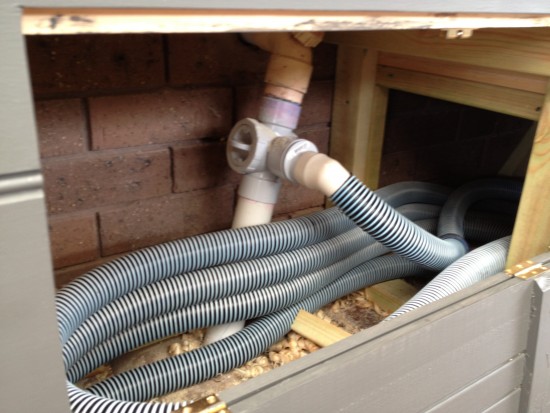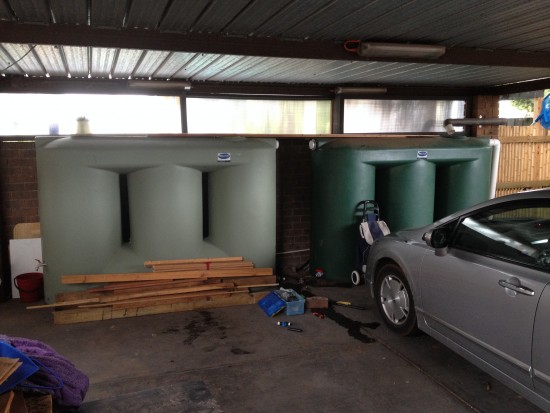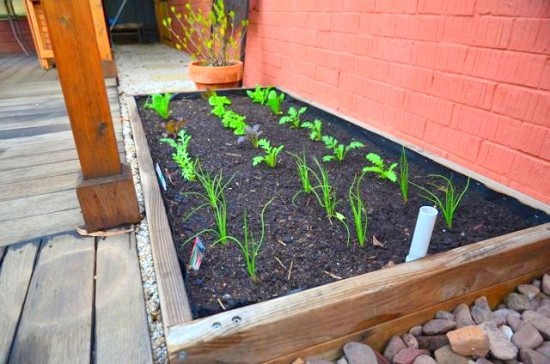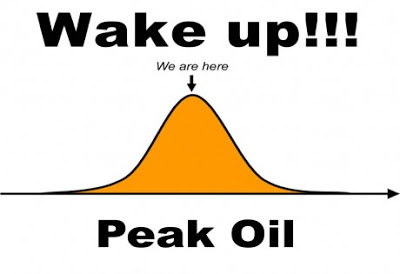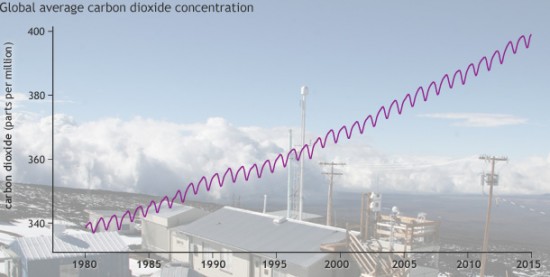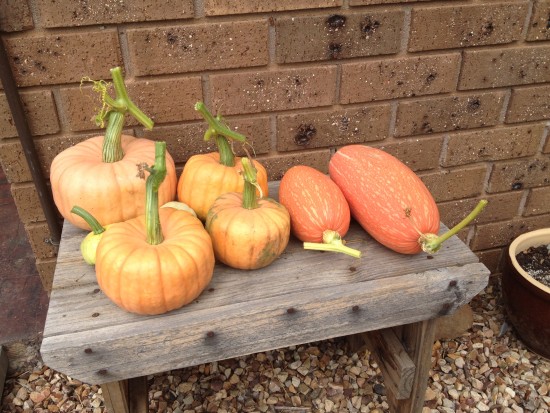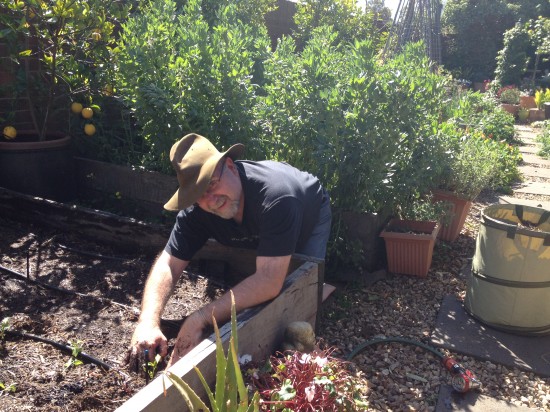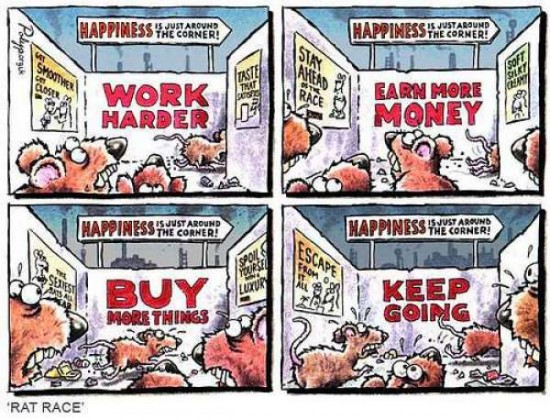In part two of the Suburban Food Bowl series we are going to discuss some of the barriers to starting growing your own food where you live, or if pressed for space, growing some very basic veggies in small places.
Barriers to Success
The perceived barriers to success, both physical and mental, that come to mind stem from the discussions and questions I’ve had whilst talking about growing my own food here at home.
But before I go into detail about a few of them, I just want to say that many of the barriers to growing food at home may be just in your mind. It could be as simple as prioritising what is important in your lifestyle and making it happen. I don’t mean to sound preachy, but most of the time this self-doubt is the only reason people do not take the first step on a very rewarding journey. With that off my chest, let’s get on with it.
Time to execute
Time is always going to be a problem in our busy lives, however how much of that time is wasted doing non-productive things. For example, think about how many hours on weekends that you may spend watching TV. It’s a very passive activity with little to show for it.

By even diverting a small fraction of viewing time into more fruitful endeavours will allow you to start growing your own.
Space Considerations
Space is another factor that needs to be considered. For most urban and suburban dwellers, there is always a little space that is being underutilised around the yard, especially swathes of lawn that serves no purpose other than aesthetics.
In my humble opinion, lawns are not only a time waster (you have to maintain it), it is a valuable space where you could be growing something you and your family can eat to better sustain you.
Do a quick survey around your yard to think about all the places that you could convert to food production. Look at vertical spaces as well as horizontal. The addition of a small garden bed with a climbing frame may be ideal for snow peas in the winter, or climbing beans in the summer.
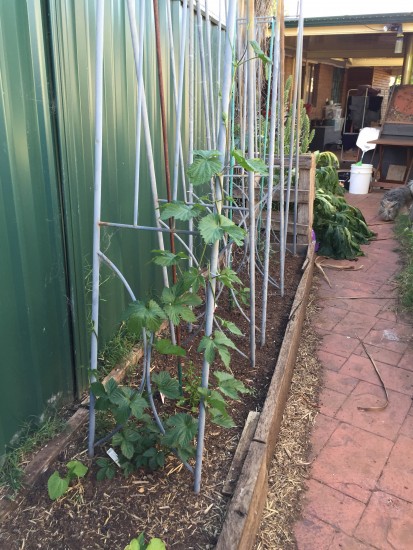
A very tight space near the chook house that I grow all manner of things horizontally and vertically.
Lack of Water?
In our increasingly arid climate, water is going to be another barrier to growing your own food. However, how many suburban homes make good use of grey water? Grey water has been the difference between growing strong healthy fruit trees and pumpkins and not having the water resources to grow these at all.
How many homes have rainwater tanks? These days slimline tanks of around 2300-2500 litres can be easily positioned in those out-of-the-way places, usually under the eaves of your home, and not take up valuable growing space. I have two such rainwater tanks on concrete in my carport area that was going to waste. That gives me an additional 4600 litres of water to use on my summer heirloom tomatoes!
Have a think about some of the ways you could utilise grey water for food crops, or look at places you could plumb in an inexpensive slimline tank or two.
No Good Soil In Your Yard?
Good fertile soil is always an issue in newer suburban developments. This is because the developer and builders scrape off the first thirty centimetres of topsoil when building suburban homes. Either that or when digging the foundation for the home they pile on a layer of excess clay from the hole dug for it on top of the topsoil which can be disastrous for the eager gardener.
This layer has to be removed or because this soil layer is so poor and very thick, raised garden beds must be built and fertile soil and compost brought in to compensate. To check what sort of soil you have around your yard, there is a very simple test that can be performed with a glass jar, water, and some of your soil. Check out the infographic below for a very simple test, and this post from fix.com titled Sifting Through The Soil for the basic science behind it.
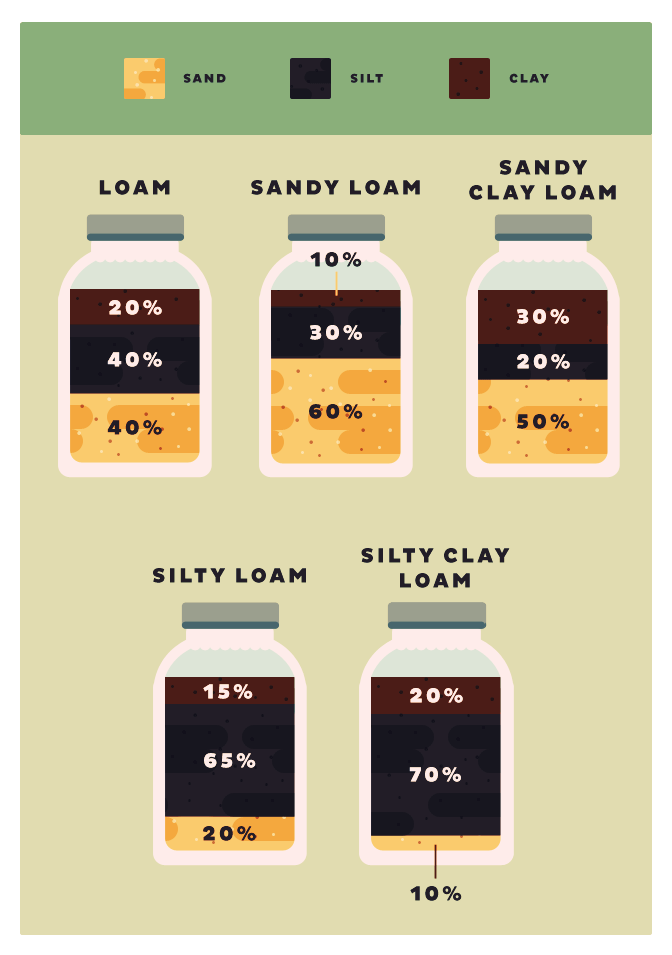
Source: Fix.com
Skint or Flat Broke?
Money, or the perceived lack of it is another barrier towards growing food. Garden beds can be upward of a few hundred dollars each to construct and fill with good soil, and some clay or glazed pots are way out of most people’s price range. However a good working food garden can be built from the simplest of materials. Upcycling is the frugal gardeners friend.
Any container that can hold soil and allow a few drainage holes to be punched through the bottom make amazing pots for growing herbs in. Larger vessels like broken laundry baskets can be converted into the most productive mushroom farm. Olive oil tins can have the top removed with a can opener and grow dwarf beans or even garlic. Even milk cartons can be used to grow tomatoes.
All it takes is your imagination and embrace upcycling. You will be amazed what you can recover from your own waste stream. I’ve made two wicking beds purely from recovered building materials and wooden shipping pallets and they grow the most amazing salad greens. The fertile soil was gathered from the chicken run and worm farm for free!
It’s In Your Mind
So as I said before, if you believe you can grow some of your own food, and in the process convert your suburban wasteland into a suburban food bowl, then you will most likely be successful in your endeavour. Don’t let anyone tell you otherwise. You can do it.
I even consider growing your own herbs as success because they are so easy to grow and so expensive to buy. Start small and expand as you gain small wins. So to help you along, part three of this series is going to cover in-depth how to grow food in containers, citing some of the examples I have uses or witnessed on my food growing journey.
Now I am sure there are many other barriers to success that I haven’t covered, so sound off in the comments and I will try to answer them to the best of my ability. It should make for interesting reading.

